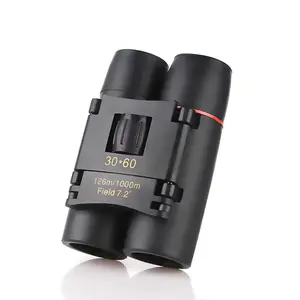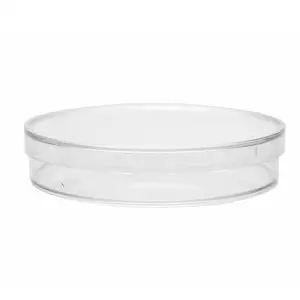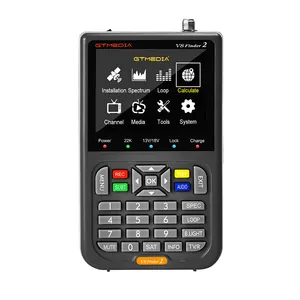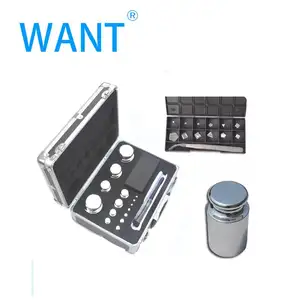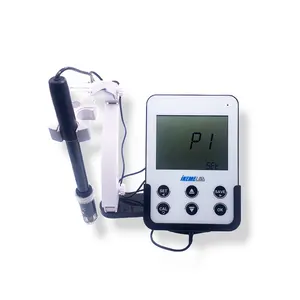Popular in your industry
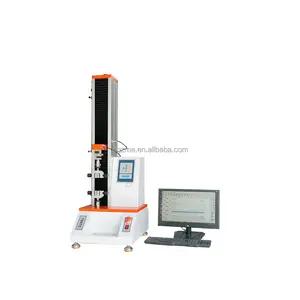


















































Related Searches:










































































































































About ceramic plasticity tester
Understanding Ceramic Plasticity Testers
Ceramic plasticity testers are specialized instruments designed to assess the plasticity of ceramic materials. Plasticity is a critical property that determines how a material can be shaped and formed without cracking. These testers are essential in quality control processes across various industries where ceramic components are utilized.
Types and Applications
There are several types of ceramic plasticity testers, each tailored for different testing scenarios. From simple hand-operated devices to more sophisticated automated systems, these testers are used in laboratories, research centers, and on production floors. Their applications range from the development of new ceramic materials to the quality assurance of ceramic products like tiles, pottery, and advanced ceramics in technology and aerospace sectors.
Features and Materials
A ceramic plasticity tester typically features a robust design to withstand the rigors of testing hard ceramic materials. They are constructed from durable materials such as stainless steel and high-grade plastics to ensure longevity and consistent performance. The precision components of these testers are designed to measure the deformation of ceramics under controlled conditions, providing reliable data on material behavior.
Advantages of Using Ceramic Plasticity Testers
Utilizing a ceramic plasticity tester in material testing offers numerous advantages. It provides accurate measurements of a ceramic's workability, which is crucial for manufacturers who require consistent quality and performance. These testers also help in predicting the behavior of ceramics during the forming process, reducing the risk of product failure and enhancing the overall manufacturing efficiency.
Selection Criteria for Ceramic Plasticity Testers
When selecting a ceramic plasticity tester, it is important to consider the specific requirements of the testing procedure. Factors such as the range of plasticity to be measured, the size of the ceramic samples, and the desired level of automation should be taken into account. Additionally, the ease of use and maintenance of the tester are practical considerations that can affect the long-term utility of the equipment.
Complementary Tools and Equipment
For a comprehensive analysis of ceramic materials, other testing equipment may be used in conjunction with ceramic plasticity testers. Devices such as dilatometers for thermal expansion measurement, spectrometers for material composition analysis, and hardness testers for evaluating surface strength complement the plasticity testing process, providing a holistic understanding of the ceramic material's properties.
